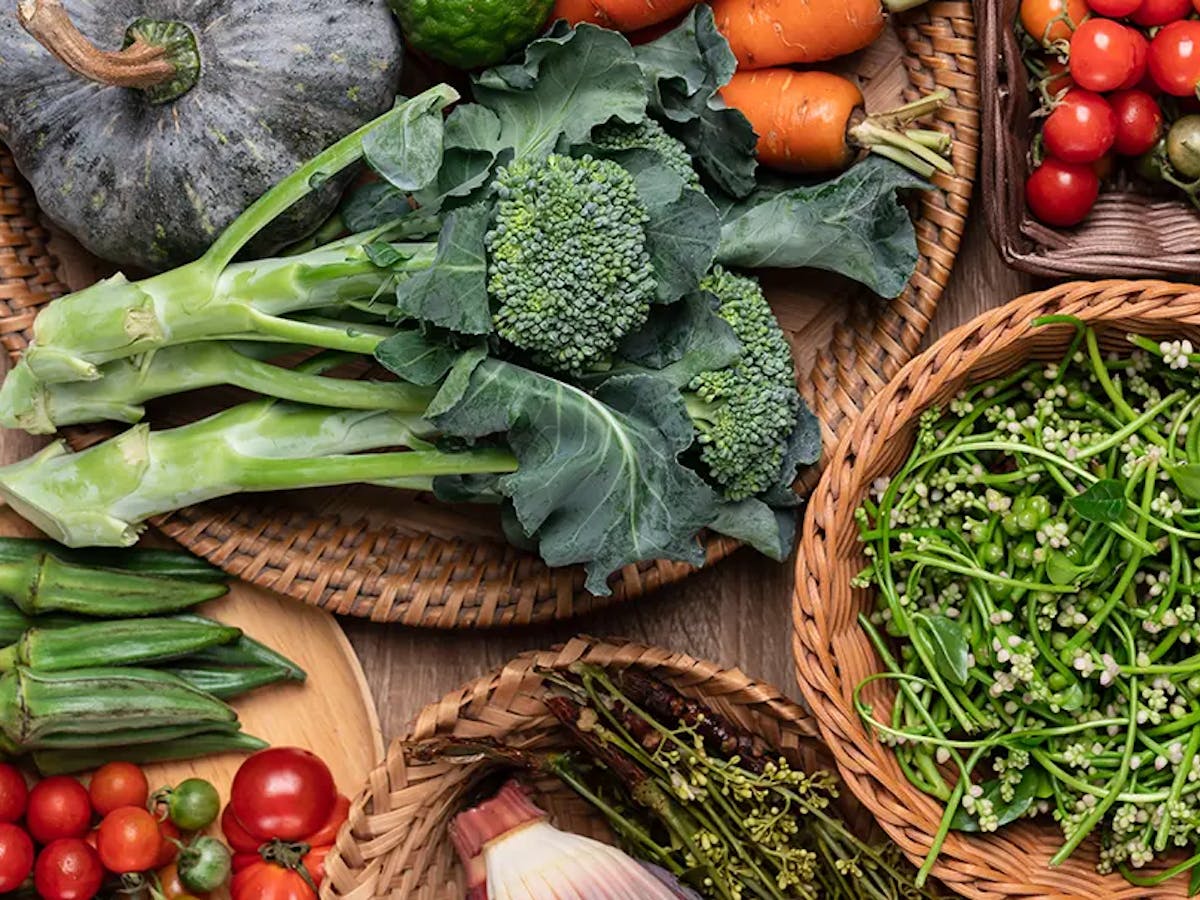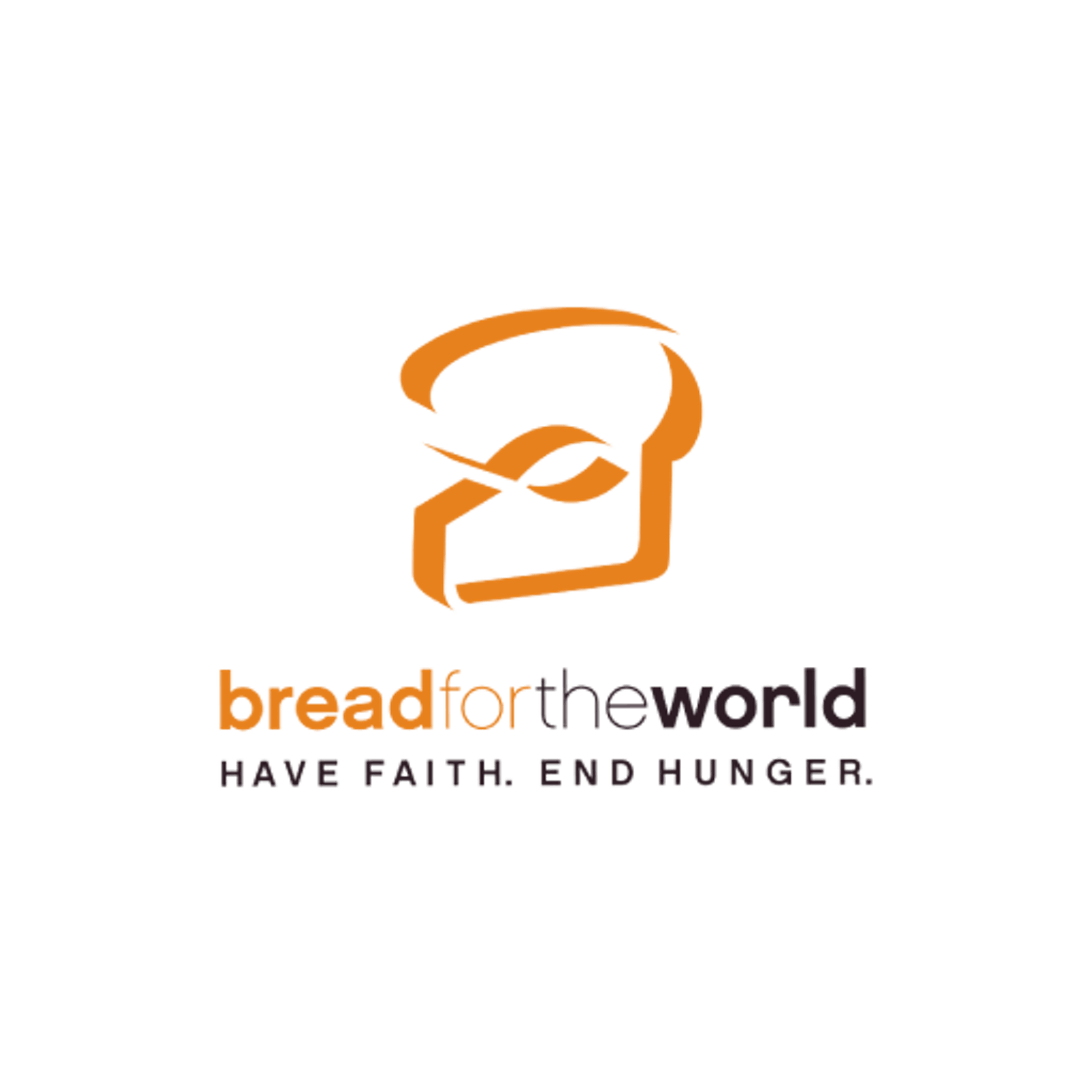Bread for the World believes it will take the efforts of everyone, including the United States and multilateral institutions such as the IFIs, to create a world without hunger.
By Jordan Teague
New data shows that global hunger has again increased in the past year. Between 2020 and 2021, an additional 46 million people—about as many people as the entire population of Spain—were newly facing hunger.
Conflict, climate change, weak government institutions, and the global COVID-19 pandemic are major causes of hunger, as Bread for the World has previously reported. The current war in Ukraine means that less food is available, and prices are higher in countries that need to import food.
The worst hunger situation of all—famine—affects 750,000 people in Ethiopia, South Sudan, Yemen, Somalia, and Afghanistan. That is up from 600,000 in January 2022. Both numbers are far higher than in recent years. In fact, between 2000 and 2010, the world had no declared famines at all. Humanitarian agencies define famine in terms that include starvation, death, and extremely critical levels of acute malnutrition.
In May, Congress allocated about $5 billion in emergency funding for global food, nutrition, and humanitarian assistance to help families around the world survive. The United States has always been a leading contributor to emergency humanitarian assistance, but the country has never been alone in this effort.
In April, U.S. Treasury Secretary Janet Yellen convened several international financial institutions (IFIs), which are groups with multiple countries as members that are concerned with the global economy and financing international development. At the April event, “Tackling Food Insecurity — The Challenge and Call to Action,” these U.S. partners agreed to develop an IFI Action Plan to Address Food Insecurity, which was launched in May.
The action plan emphasizes coordination to support the most vulnerable people in the most effective ways. Goals include increasing food production immediately, providing fertilizer where there are shortages, and encouraging trade to help reduce food prices. The action plan acknowledges that ending hunger requires long-term solutions as well. The IFIs have committed to a strategy of investing in agriculture and smallholder farmers in ways that enable farmers to strengthen their responses to climate change and other long-lasting problems that have no complete solution in the short term.
Individual IFIs are developing and implementing detailed plans as well. The World Bank, perhaps the most well-known IFI, has committed an additional $12 billion over the next year to improve food and nutrition security. The International Fund for Agricultural Development (better known as IFAD), the only IFI focused exclusively on global hunger and agriculture, has launched a Crisis Response Initiative to identify and provide solutions to food insecurity in African and Asian countries. The African Development Bank has proposed a $1.5 billion African Emergency Food Production Facility to support 20 million farmers with seed, fertilizer, and other necessities.
The United States is a committed partner to the IFIs. In December 2021, at the most recent replenishment of funds for the International Development Association, the arm of the World Bank that makes grants and low-interest loans to lower-income countries, the U.S. government pledged $3.5 billion over three years. This is essential support for the IFIs, but because of the enormous numbers of people who are hungry right now, the United States should do more.
Each IFI fills particular needs, so the U.S. government should make generous pledges, commensurate with today’s increasingly severe hunger crisis, to replenish the funds of each as its cycle comes up for renewal. This year is the year to commit new funds to the African Development Fund and the Global Agriculture and Food Security Program.
Bread for the World believes it will take the efforts of everyone, including the United States and multilateral institutions such as the IFIs, to create a world without hunger.
Jordan Teague is interim director of policy analysis and coalition building with Bread for the World.

